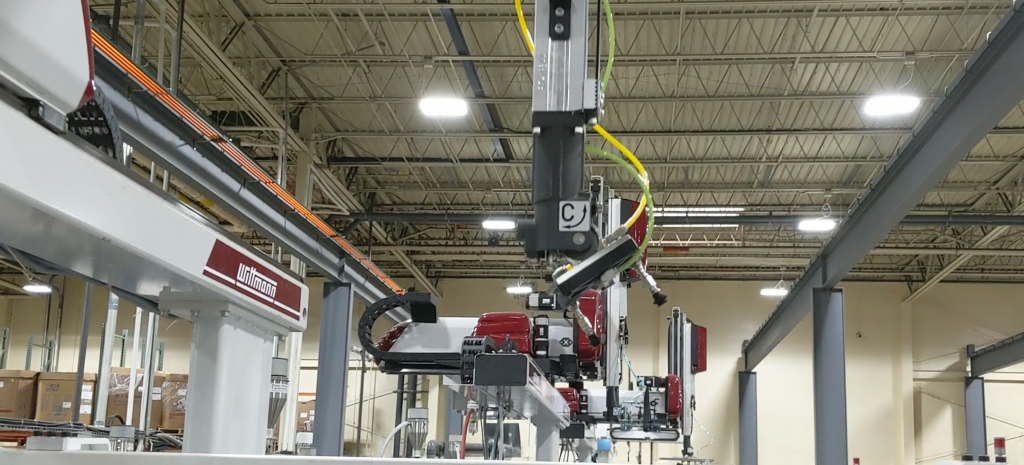This video is produced by KY NSF EPSCoR Communcations, under NSF Award #1849213
In fulfillment of Objective 1.1.2: Explore to what extent new materials synthesized through synthetic biology can yield superior structural polymers or resins with programmable lifetimes.
The UofL team has isolated plant and fungal genes encoding enzymes capable of producing conductive and semiconductive biomaterials (Thiophenes, Eumelanin) and insulating materials (Anacardic Acid and Monoenoic Fatty Acid precursors to Nylon polymers). Transformation of plants suitable for scalable production to achieve high yield has been successful, with regeneration and bulking in progress.
The UofL team has tested candidate conducting, semiconducting, and insulating biomaterials, including thiophene and eumelanin variants, for their use in 3D printing, and purified small amounts of these compounds from wild-type plants. Scalable production of thiophenes using hairy root cultures of Tagetes erecta (marigold) has been achieved. Thank you to Dr. David Schultz, Dr. Mark Running, and their teams.




